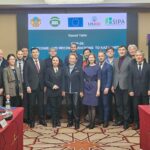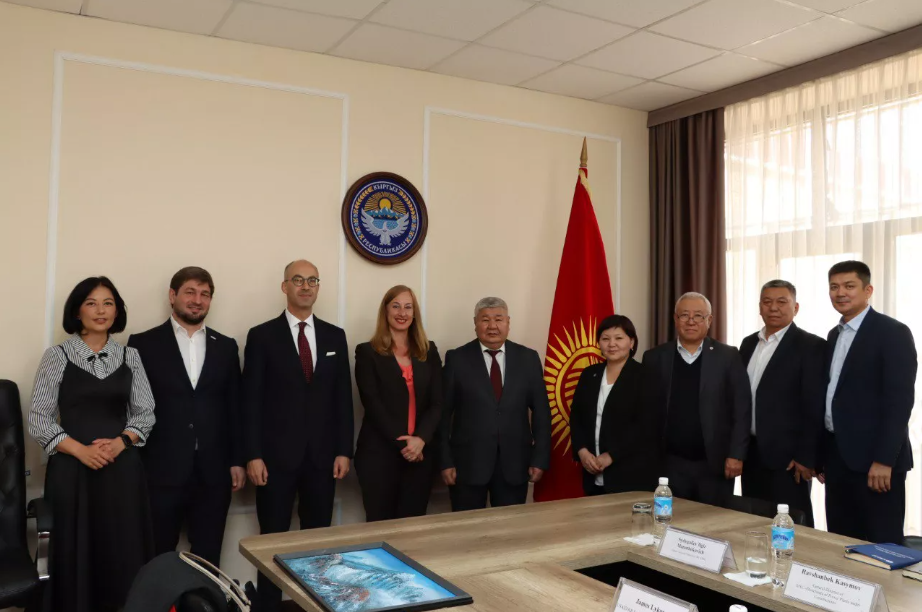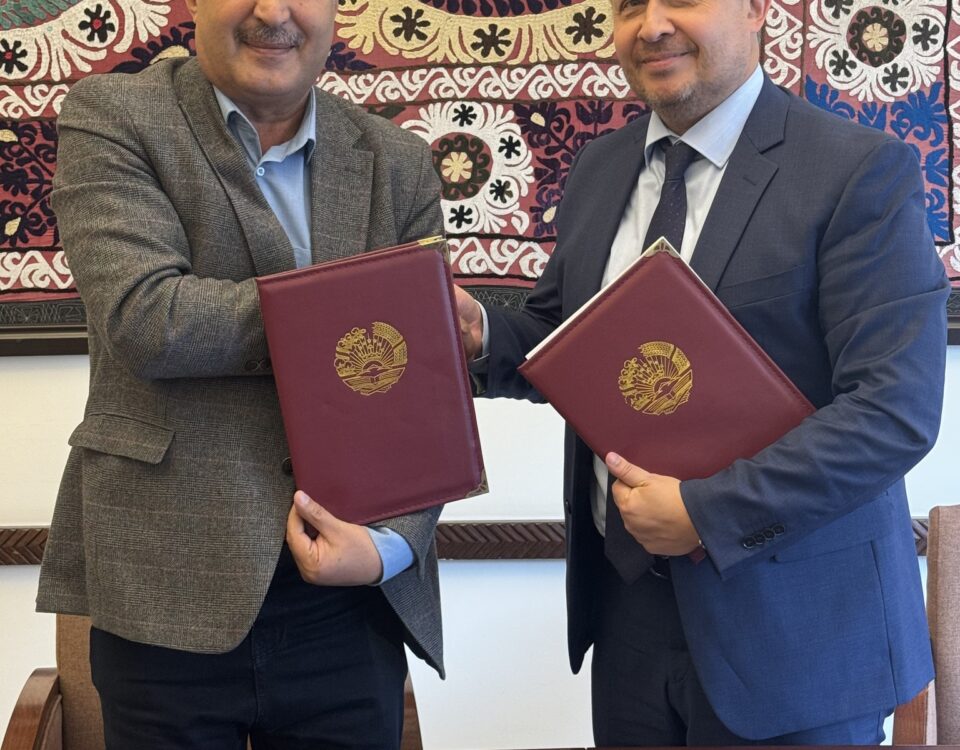
USAID supports climate dialogue: COP-28 and Action Plan for Kazakhstan

USAID Energizes Uzbekistan’s First Green Hydrogen Hub
The Kyrgyz Republic’s expansive mountains and rocky terrain and 30 large rivers create an ideal environment for hydropower generation. Unsurprisingly, hydropower supplies 90 percent of electricity to the country. While water is one of the cleaner energy sources, such reliance on a single source of energy creates some challenges for the power system. So, what can be done to make sure all Kyrgyz citizens’ homes stay lit? Good regulation provides a solid foundation.
The regulator is responsible for overseeing and preserving the energy sector’s stability and protecting consumers. They set rules and guidelines to ensure that energy companies work fairly, charge reasonable prices, and provide reliable services. To do this effectively, energy regulators all over the world have two main tools at their disposal: tariffs and licenses. Tariffs are how energy providers charge customers for electricity. Licenses are used as a method to control companies and utilities activities by outlining the terms and conditions for companies to work in the energy market.
.jpg?auto=webp)
In recent years, the Kyrgyz energy regulator — the Kyrgyz Fuel and Energy Complex Regulation Department under the Ministry of Energy — did not have the proper legal power or jurisdiction to enforce licensing requirements. To help, USAID, through its regional Power Central Asia Activity, has been supporting the Department to improve its capacity to regulate the performance of the energy companies through licenses.
Since November 2022, USAID has been leading capacity building training to design and implement licenses for all types of energy sector activities.
An expert consultant, a former energy regulator employee with extensive practical experience, conducted a series of seminars and shared international best practices in regulation and the regulatory processes. These seminars focused on key elements of a generic form of license for all types of energy sector activities and significantly contributed to increasing the capacity of the Kyrgyz Regulator to issue licenses with licensing requirements specific to each energy sector activity.
.jpg?auto=webp)
“The training sessions significantly improved our draft Temporary Regulation on Licensing and Permits. We gained a thorough understanding of licensing requirements and the roles of energy market players. Through practical examples from our companies, USAID’s consultant demonstrated effective regulation of energy market activities while safeguarding consumer interests. Moreover, USAID shared valuable international best licensing practices and provided step-by-step guidance on implementing legislative changes,” said Aibek Abakirov, head of the Licensing Department.
With the new knowledge, the energy regulator finalized a draft policy, the Temporary Regulation on Licensing and Permits. This legal document will serve as a tool for the regulator and the energy companies on the structured performance of licensed activities.
This support not only built the capacity of the regulator to do its work more effectively, it also helped the Ministry of Energy to understand the need for reforms. The energy regulator is working with the Ministry of Energy to initiate amending the legal framework to enable the regulator to issue proper licenses with appropriate licensing conditions.
.jpeg?auto=webp)
Previously, a legal mechanism to enact changes was not in place . Even though the Ministry of Energy was aware that the regulator needed to issue proper licenses with appropriate licensing conditions, the law did not permit it. Now, the Ministry of Energy staff have more tools to use to better advocate for these legal changes and for greater power for the regulator.
The success of this work further inspired the Ministry of Energy of the Kyrgyz Republic to recognize USAID’s team of experts by awarding a Medal for Cooperation in the development of the fuel and energy sector.
Timur Orozaliyev, the director of the Fuel and Energy Complex Regulation Department at the Ministry of Energy of the Kyrgyz Republic, who presented the award, noted that USAID has been the regulator’s main international partner in recent years. This support has enabled young ministry employees to significantly improve their understanding of the regulator’s role and helped them to become familiar with advanced international experience in economic regulation of the energy industry.
“I hope that the award will serve as an incentive for further fruitful cooperation in enhancing the personnel and functional potential of the regulator and improving the regulation of the fuel and energy complex in the Kyrgyz Republic,” said Timur Orozaliyev.
.jpg?auto=webp)
USAID supports the Central Asian countries through the Power Central Asia Activity to update their national energy strategies and develop optimal market design, including legal, institutional, regulatory, and technical frameworks. Through this work, USAID has proposed 31 policies to Central Asian governments, with 12 adopted and 9 implemented to date.
Похожие
On November 20, 2024, Sara Werth, the new USAID Mission Director to the Kyrgyz Republic, met with Taalaibek Ibraev, the Minister of Energy of the Kyrgyz Republic
Подробнее - On November 20, 2024, Sara Werth, the new USAID Mission Director to the Kyrgyz Republic, met with Taalaibek Ibraev, the Minister of Energy of the Kyrgyz Republic




